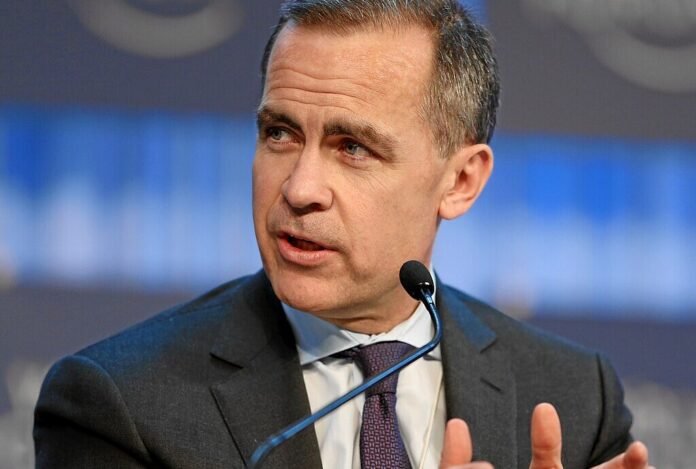Mark Carney wins Canada’s election, vowing to defend sovereignty as Trump’s threats reshape campaign
Canada’s newly elected Prime Minister Mark Carney has led the Liberal Party to a fourth consecutive term in office, after a dramatic election overshadowed by US President Donald Trump’s escalating trade war and threats to Canadian sovereignty.
Projections from Canadian broadcasters CTV and CBC declared a Liberal victory on Monday night, though the final seat count remains uncertain. It is not yet clear whether Carney will govern with a majority or minority. Conservative leader Pierre Poilievre conceded defeat, acknowledging a “razor-thin minority government” for the Liberals.
Carney, 60, a former Bank of England governor and global financial figure, assumed the Liberal leadership just weeks ago after Justin Trudeau’s abrupt resignation in March. What began as an election dominated by domestic cost-of-living concerns was swiftly overtaken by international turmoil, particularly President Trump’s imposition of steep tariffs and provocations, including a stunning suggestion that Canada should become America’s “51st state.”
That rhetoric struck a deep nerve. Carney seized the moment, transforming the campaign into a referendum on Canadian sovereignty. “We are masters in our own home,” he told reporters in March, vowing to shield Canada from external coercion and economic aggression.
Trump’s punitive 25% tariffs on Canadian steel, aluminium, cars, and even lumber sent shockwaves through Canadian industries and risked tipping the economy into recession. Carney did not sugarcoat the consequences, warning of “tough days ahead” for workers and businesses. But his core message — self-reliance, resilience, and the renewal of domestic industry — appeared to resonate.
Embed from Getty Images“We will build things in this country again,” Carney promised. Homes, factories, and both clean and conventional energy sources. My solemn promise is to stand up for Canadian workers, for Canadian businesses, for our sovereignty.”
Poilievre, long expected to win following months of Liberal decline under Trudeau, struggled to regain footing after Trump’s remarks reshaped the national debate. While he pledged post-election to “work with all parties” in defending Canada’s interests, the Conservative campaign failed to project the unified resistance many voters sought.
Carney’s win is also notable as he enters public office for the first time directly as prime minister. Though lacking parliamentary experience, he brings deep financial credentials. As Bank of Canada governor, he steered the country through the 2008 financial crisis. Later, he led the Bank of England during the Brexit shock — an experience he says parallels the unpredictability of a Trump-led America.
Throughout the campaign, Carney cast himself as a competent centrist with global credibility and a deep understanding of market forces. “I know how the world works,” he said in a podcast interview last year. “I’m trying to apply that to the benefit of Canada.”
Carney hasn’t ruled out dialogue with Trump, but his first foreign trip as prime minister was telling — bypassing Washington for Europe, where he held talks with French and British leaders on strengthening military and economic ties.
“This is a crisis moment,” Carney said earlier this month. “And in a crisis, it’s essential to act with unity, with purpose, and with force. That’s exactly what we will do.”
As Canada looks to an uncertain economic future and a volatile neighbour to the south, Carney’s victory represents both a rejection of American intrusion and a call for renewed national purpose.
